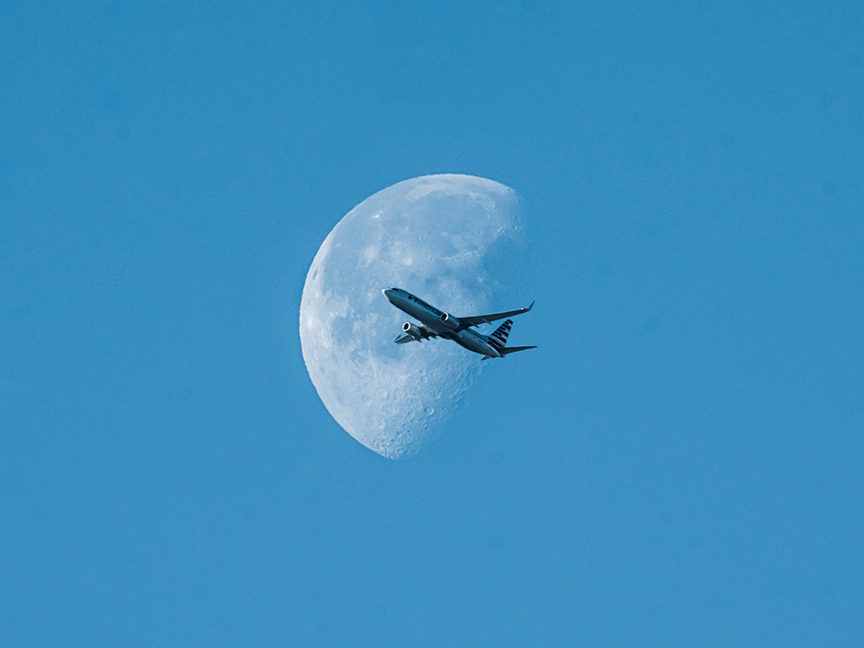
Visit Our Sponsors |
|
|
|
|
|
|
|
|
|
|
|
|
|
|
|
|
|
|
|
|
|
|
|
|
|
|
|
|
|
|
|
|
|
|
|
|
|
|

Corruption in transportation doesn’t just cause multitudinous, tiny miseries; it can also lead to deaths that don’t always make the headlines.
You are likely familiar with the Federal Aviation Administration’s overly cosy relationship with Boeing, which allegedly led to the 737 MAX accidents that killed 346 people. But the scandal expanded in a new direction this week, with reports of whistleblowers alleging misconduct by managers working for the FAA in the Hawaii Flight Standards District Office. In one case, according to Politico, a pilot who received a check ride by an improperly certified employee later crashed a helicopter that killed all three aboard. (Meanwhile, Boeing disclosed it was being investigated by the Securities and Exchange Commission, too.)
The trouble with corruption is that once it takes hold, it becomes systemic — evidently the FAA’s problems weren’t limited to the state of Washington — and that makes the rot hard to root out. A great example is from back in the 1970s, when the Chicago Sun-Times got fed up with small businesses complaining about being constantly shaken down for payoffs by city inspectors, but refusing to go on the record for fear of reprisals. The only way reporters could expose the endemic corruption was to buy their own bar so they could themselves become victims. (It worked, brilliantly.)
America remains dismally prone to corruption, ranking 23rd on the 2019 Transparency International Corruption Index, below Uruguay, Estonia and most of the European and Nordic countries. (New Zealand and Denmark tie for first.) And American transportation is by no means immune. The Office of Inspector General for the U.S. Department of Transportation investigation site makes depressing reading. Those who believe the movie On the Waterfront represents a quaint bygone period of gangsterism at our nation’s ports are in for a surprise. Indictments for classic shakedown crime were being handed out as recently as 2015. Appoint a commission to investigate? You end up with that lot corrupted too. As the investment advice site Investopedia notes, “Transportation and storage are ripe for corruption at the enforcement level.”
What to do? The World Economic Forum suggests technology is our friend, with big data being used to detect patterns of suspicious transactions, and mobile phone “integrity” apps allowing people to anonymously report corruption. At a time, though, when it’s nearly impossible for anyone not steeped in the darker cyber arts to send an anonymous message, the old-fashioned cure of “dropping the dime” on someone has become riskier than ever.
In a wider context, it seems that making it harder to buy political influence makes a big difference. The Transparency International report noted that countries that score lower on the index typically have weak or poorly enforced campaign finance laws. At the same time, over half of all countries that significantly improved their scores since 2012 also strengthened their laws in that area.
In an election year, campaign finance reform isn’t a bad place to start. Meanwhile, if you have any trust in government left, and you have something dodgy to report, you can try the OIG’s hotline.
Helen Atkinson is a contributing writer to SupplyChainBrain.
RELATED CONTENT
RELATED VIDEOS
Timely, incisive articles delivered directly to your inbox.

